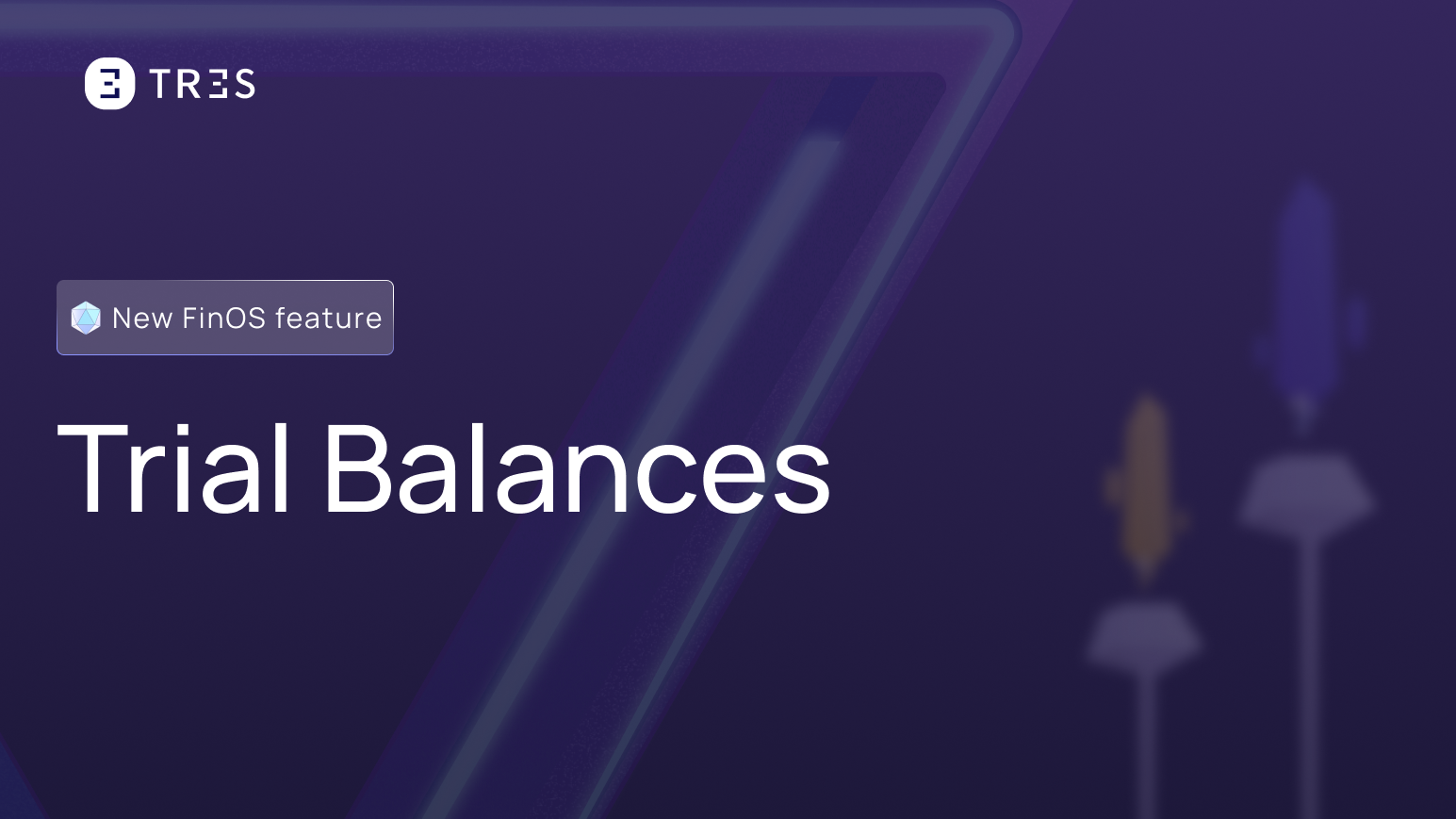Supported features
Balances
Supported
Transactions
Supported
Historical Balances
Supported
Staking Positions
Supported
DeFi Positions
Supported
FinOS
Supported

